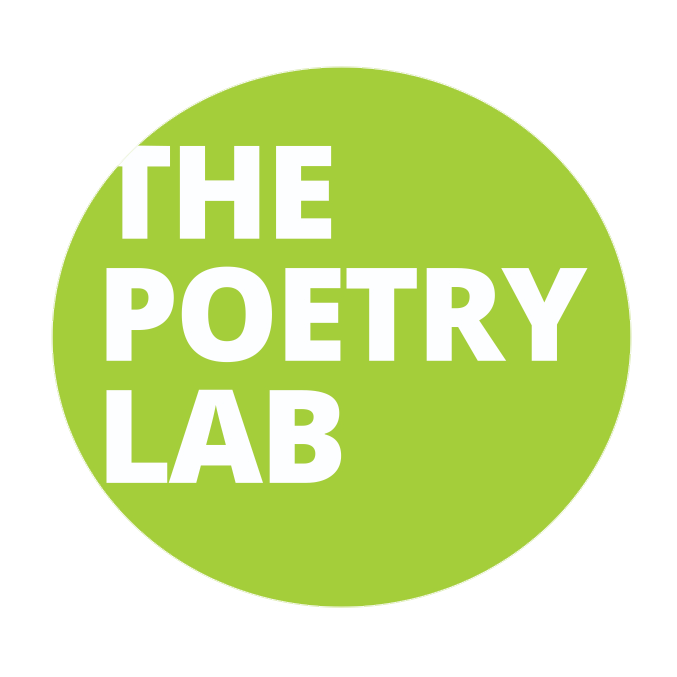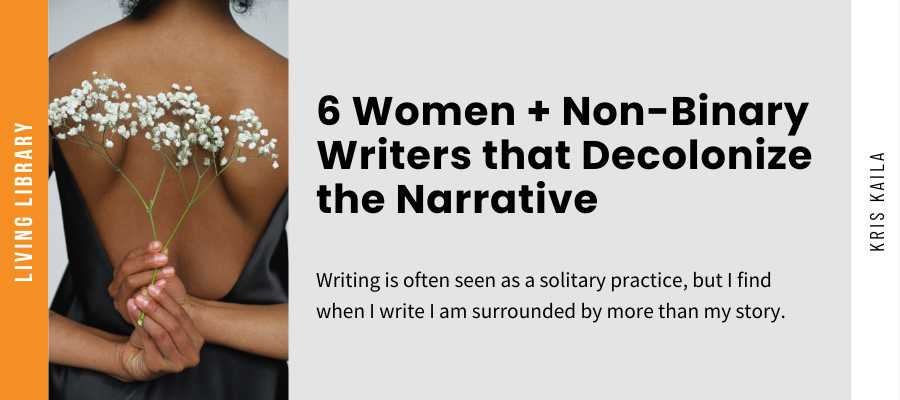5 Contemporary Latina & Chicana Poets
Who Remind Me I’m a Poeta, Too
Bilingual writing is very special to me. As a proud pocha (someone who doesn’t have a finely-tuned control of Spanish but owns their frequent mispronunciations), I have no choice but to incorporate both English and Spanish in my work. I grew up with both languages, all of my families’ stories relied on both to land a punchline or spill some delightful chisme, and, honestly, there’s something about listening to my Mexican-indie babes like Natalia Lafourcade and Cafe Tacvba that gets my creative juices flowing. Because my writing has mainly consisted of fiction, I have been drawn to writers who have Mexican influence and write stories that resemble my own.
A few months ago when I started to study poetry seriously, however, I was overwhelmed. Where was I supposed to start? Did I need to study poetry handbooks first to understand the poems I was choosing? If I finish a book in an hour, did I read it too quickly? How can there be meaning in blank space if it’s blank? Is there a God? (It got pretty philosophical.)
Thankfully, with time, I realized I could seek out poets the same way I do fiction writers. This has accelerated my learning journey — even though I don’t have a complete grasp of sound and meter, I have the cultural understanding of themes that many Latina and Chicana poetas share in their work, such as Latina womanhood, assimilation, intergenerational trauma, grief, bilingualism, postcolonialism, and even speculative/magical realism. Obviously, mine opinion is rooted in a Mexican-American framework — however, I am in awe of and inspired by the following artists who are connected to other countries and share their experiences through a poetry lens.
1) Bianca Alyssa Pérez - Gemini Gospel
Cyrus Cassells, 2021-2022 Poet Laureate of Texas, puts it best in Gemini Gospel’s intro: “... Pérez praises her roots, code-switches with love and reverence, and deftly investigates her Catholic and Latina heritage, rejecting reflexive notions of sin and damage.” Reading that, I was immediately hooked. Pérez was born and raised in Mission, Texas—a small southern town bordering Mexico. Her poems touch on grief, womanhood, machismo, and tenderness. I was drawn to the deep, personal understanding of what it means to be a Latina daughter and sister, and what that means when death in the family occurs, especially that of a father. The best part: Bianca’s brother curated a Spotify playlist to listen to while reading her collection!
2) Marisa Tirado - Selena Didn't Know Spanish Either
Marisa Tirado is a Chicana, Puerto Rican, and New Mexican writer. The speaker in her debut collection “Selena Didn’t Know Spanish Either” compares herself to Tejano pop star Selena Quintanilla Pérez, both identifying with Selena while also grappling with her assimilation story. I won’t lie: I definitely chose this book based on its cover and title, and I don’t feel bad about it. Selena’s cultural impact on the Latine community in the U.S. is huge. She represented a U.S. born Latina who faced criticism with not being fully American or Mexican — something myself and many other Latine communities in the States face.
The speaker contemplates what it means to be ni de aquí ni de allá — neither from here or there. It should also be noted that Marisa writes on intergenerational trauma, time, colonization, and what heritage really means.
3) Vianney Harelly - Here Are the Tears I You We Didn’t Cry
Vianney is a fronteriza poet and visual artist from Tijuana/San Diego. The beauty of Here Are the Tears I You We Didn’t Cry is that the first half is heavily Spanglish, meaning in each poem, there are multiple lines solely in Spanish and lines solely in English. This is important when thinking about bilingual writing; she’s writing huge chunks of poetry in one language then the other, versus how someone like me or a lot of “popular” Latine poets and writers may write, which is weaving in words, terms, and ideas that may not exist in English or just resonate better in Spanish. Language divided my identity, but for Vianney, she’s writing the way she speaks; she had two use both languages artfully as a fronteriza poet, and this collection is specifically geared to those who grew up and live the same way. Vianney is also a visual artist, incorporating her words on prints and using Instagram as an amazing storytelling tool.
4) Yesika Salgado - Corazón
Yesika is a Los Angeles-based Salvadoran poet who describes herself as a “fat, fly, brown poet.” Though I haven’t read her collection, Corazón, I actually discovered many of her individual poems through Mitú, a prominent “digital media company representing the Latino point of view among consumers 18-44.” Through a video series aptly titled, “Amorcito,” Yesika recited works centered on self-love, romantic love, familial love, postcolonial love poetry, and body politics and positivity. She’s real about what it’s like being in abusive relationships, and the highs and lows that come with it. I loved being able to watch her recite her work and give context to it, which for a poet newbie like me, made my heart flutter. I also highly recommend listening to her interview with the iconic Maria Hinojosa on NPR’s Latino USA where they go on a quest to find sexy fruit.
5) Maria Alejandra Barrio Vélez - Flash Fiction & Poetry
Okay, so I’m kind of cheating with this one, BUT Maria is an amazing flash fiction writer who I’ve taken (and will be retaking soon) classes with before. I admire her ability to shift between flash fiction and poetry, and I think there’s a lot to learn from both crafts and how we can utilize elements from each genre to support each other. My favorite poem of hers is “La botánica.” A blend of English & Spanish, the poem is set in a botánica, which in her Colombian culture and other Latin American cultures has the cure for all ailments physical and otherwise. In the case of the speaker, la botánica can cure malicious intentions, ugly girls, unwed girls, and girls who gossip too much. Her speaker is usually in conversation with the women around her: sisters, grandmothers, and mothers, showcasing the unique and important relationships they have.
final thoughts
This is not an exhaustive list, and I’m sure I’ll be annoyed with myself rereading this in the future because I didn’t include a poeta I had no idea existed at this time.
I also realize that there is a huge conversation surrounding the use of Latina/Latinx/Latine/etc., and I want it to be known that I am learning to pay attention to how people self-identify, versus the identities that publishing agencies or academia determine for people with connections to other countries.
I’m excited that these poetry collections and poems have become part of my personal reading list. These poetas have truly transformed my understanding of what it means to write about culture, especially when there are so many nuances simply from where one arrives.
This article was posted on May 30, 2023. Written by:







